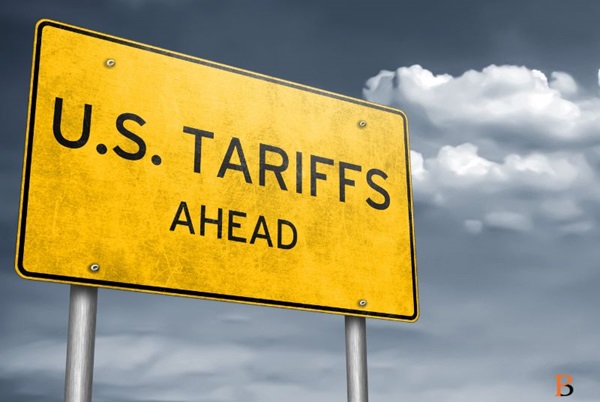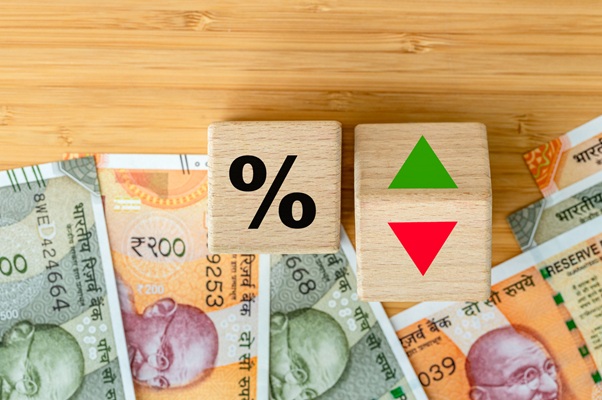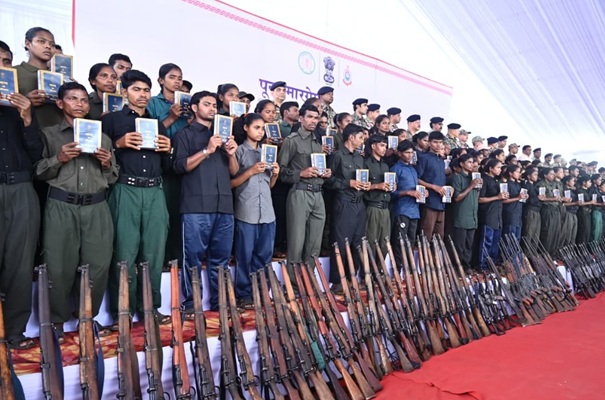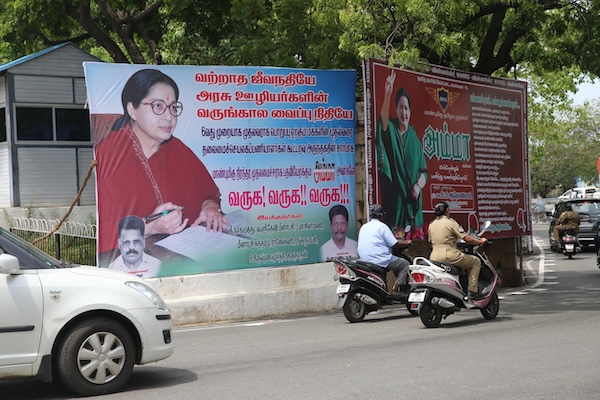.png)

Ajay Srivastava, founder of Global Trade Research Initiative, is an ex-Indian Trade Service officer with expertise in WTO and FTA negotiations.
March 4, 2025 at 8:22 AM IST
Donald Trump’s return to the White House has triggered a fresh wave of protectionism, with the imposition of 25% tariffs on imports from Canada and Mexico starting today.
This decision effectively violates the USMCA—the very free trade agreement Trump championed to replace NAFTA during his first term. His dissatisfaction with his own deal underscores a clear pattern: Trump’s America does not feel bound by negotiated trade pacts, no matter how recent or hard-fought they may be.
For India, this offers a valuable lesson. As talks around a potential India-US free trade agreement (FTA) resurface, New Delhi must tread carefully. Any comprehensive FTA with the US could expose India to unpredictable demands—not just tariff reductions but concessions on government procurement, agricultural subsidies, patent protections, and data flows. These are areas where India has long resisted external pressure.
A smarter alternative could be for India to propose a Zero-for-Zero Tariff deal, offering to eliminate tariffs on most industrial goods from the US, provided Washington does the same for Indian exports. Such a deal could focus on tariff lines where India already grants duty-free access under existing FTAs, keeping agriculture off the table.
Timing will be crucial. India could present this proposal before April, pre-empting any new US tariff action. If necessary, India could later notify the arrangement to the World Trade Organisation as a goods-only trade agreement, limiting the scope to manageable areas and avoiding broader, politically sensitive commitments.
In a world where trade rules can be upended with a tweet, flexibility and realism will serve India far better than ambitious but fragile FTAs.




